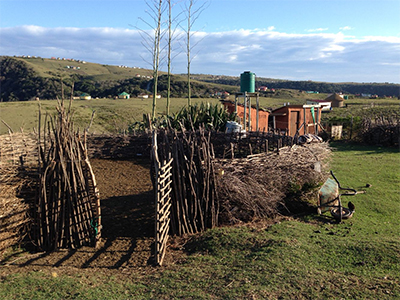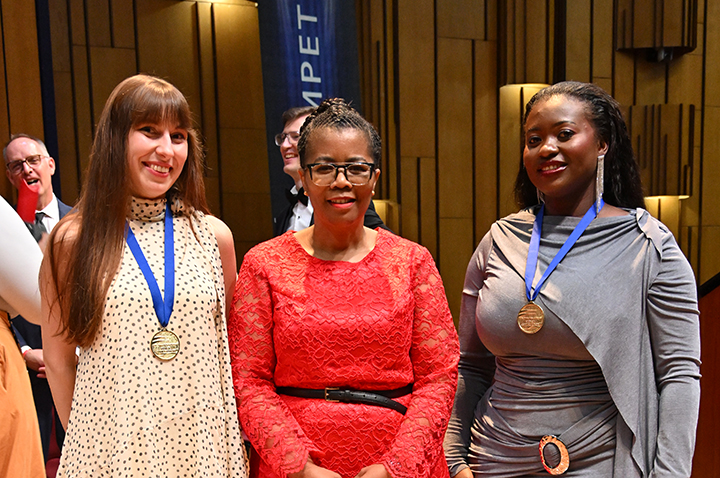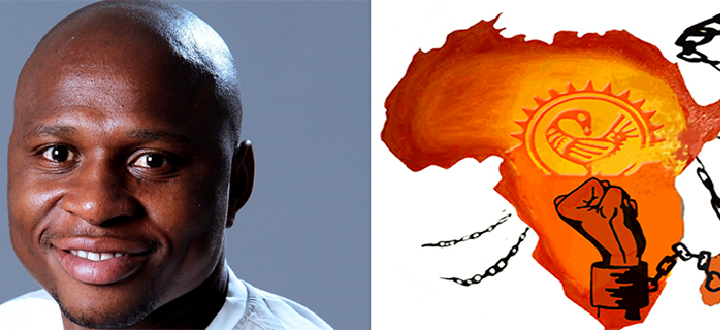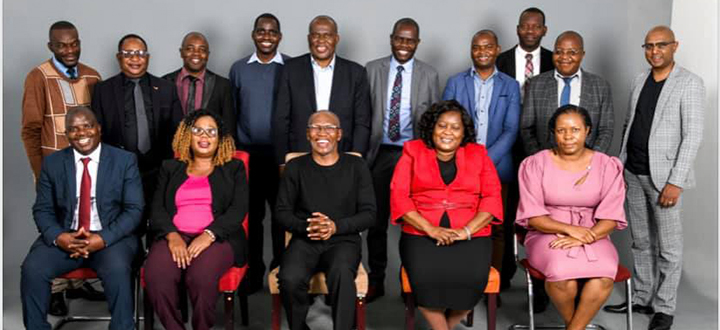
The African college of excellence in the social and human sciences

Reverend Kobo stated that her research paper was premised on the pervasive attitudes arising from a complex interplay of cultural practices which have succeeded in dislocating women from what is perceived to be black men’s sites like the kraals and the initiation camps. Women are always located in culturally designated womanised sites such as the kitchen. She said that the crux of the article lies in its attempt to relocate both women and men by its adoption of a radical pro black position. She said this article is therefore a dialogue between a woman and black theology of liberation for the purpose of understanding the liberation of black people for the liberation of humanity.
According to Reverend Kobo ebuhlanti (kraal) is the source of black life and power that must be understood as life. It is a site of economics to a traditional Xhosa home, because the size of the kraal and the number of cattle in houses, are a sign of wealth and good welfare to the society. She went on to say that ebuhlanti is a governing ethical artifact of amaXhosa, a place where economics, politics, spirituality and faith of a black Xhosa home reside. A place where every fragmentation that exist in a household gets restored.
She made the case that ebuhlanti is captured and domesticated by patriarchy and endocentric symbols in an African and isiXhosa culture. She said the idiom “Umfazi akangeni ebuhlanti emzini” posed as a paradox because it spoke about how umfazi (a married woman) has no access in the kraal but intombi (an unmarried woman) can enter the kraal.
Reverend Kobo’s article argues that the credibility of ubuhlanti (kraal) as a powerful, pedagogical and life giving space is questionable and cannot produce any good results in its current disintegrated state, as a matter of fact, she mentioned that it raised a lot of ethical questions. She pointed out that if the premise of amaxhosa is “umtu ngumtu ngabantu” (I am because of others) how can they claim to be whole when others are dislocated. She added that the article points to the contradictions of a dualistic power structure presented and maintained by ebuhlanti, a sanctuary, a sacred space and a symbol of unity by rituals that are performed to connect the living and the departed.
For Reverend Kobo, men cannot claim to promote unity in the absence of women. This is why her article critics the dislocation of women from structures of power and economics, concluding that patriarchy can no longer be defended if it upsets life. She went on to say the paper does not claim to provide an answer by problematising the situation, rather, it is merely an illumination of the looming paradox. She explained that Black Theology of Liberation in dealing with the challenge of paradoxical situations in relation to culture, harnesses the history and culture of the oppressed, where culture is interpreted as a vehicle of liberation and if it is not, then it should not be accepted she said.
Rev Kobo concluded that she does not romanticize culture. And said anyone who denies paradoxes in their culture must just accept that they are pieces of conquest and the killing of life that must be debunked.
*Katlego Pilane (CHS Communications and Marketing)
Publish date: 2018/12/13
 Unisa celebrates a project of hope, dignity and student success
Unisa celebrates a project of hope, dignity and student success
 Women vocalists take top honours at Unisa's globally renowned showcase
Women vocalists take top honours at Unisa's globally renowned showcase
 African wealth is dependent on investment in education and development
African wealth is dependent on investment in education and development
 Unisa celebrates matric result success at Correctional Services ceremony
Unisa celebrates matric result success at Correctional Services ceremony
 Unisa ICT Director recognised among acclaimed IT leaders
Unisa ICT Director recognised among acclaimed IT leaders